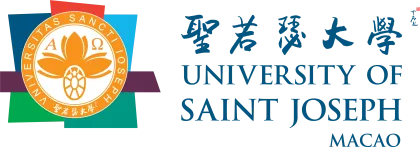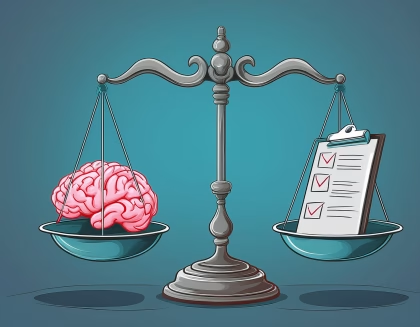Abstract: Research on the effectiveness of Advanced Learning Technologies (ALTs) on ubiquitous learning has suggested that students are often poor at self-regulating their learning (Azevedo, Taub, & Mudrick, 2015), and as a consequence, researchers have implemented Pedagogical Agents (PAs) to help foster students’ use of Cognitive, Affective, Metacognitive, and Motivational (CAMM) Self-Regulated Learning (SRL) processes (e.g., Azevedo et al., 2013; D’Mello & Graesser, 2012). Several analyses have been conducted that investigated the impact and effectiveness of PAs on learning with ALTs (Schroeder & Adesope, 2014; Veletsianos & Russell, 2014). These results indicated that the effectiveness of Pas in Alts is dependent on many factors, such as the content being studied, the population of students, and the features of the PAs themselves. Thus, it is important to consider all these details when designing and measuring the effectiveness of PAs in ALTs. Therefore, the goal of this chapter is to provide a synthesis of research on PAs, includingan overview of these issues that need to be addressed.
Scientific Publications from Researchers Using iMotions
iMotion is used for some of the most interesting human behavior research studies done by top researchers around the world. Contact us to have your publication featured here.
All Publications









